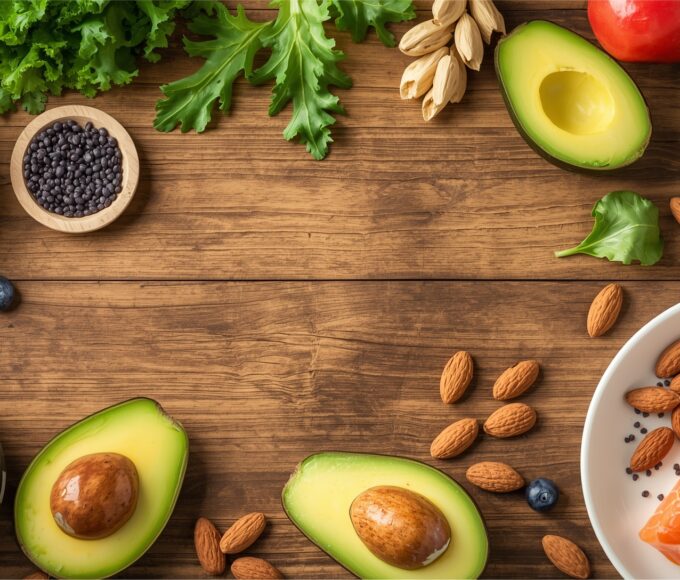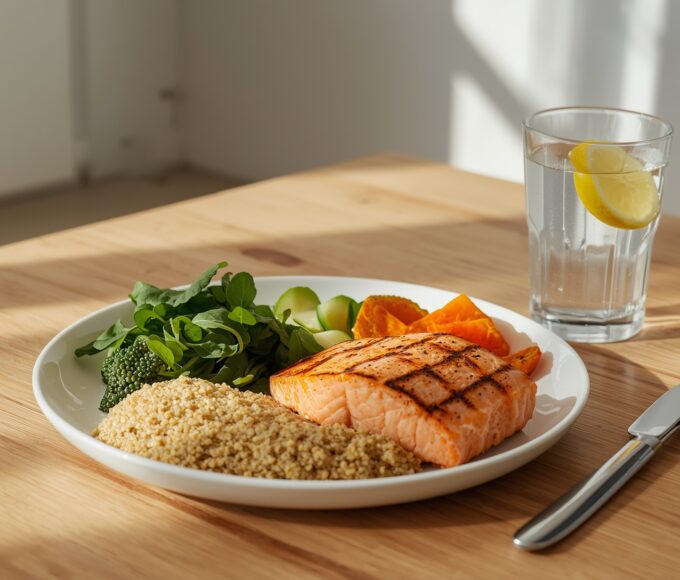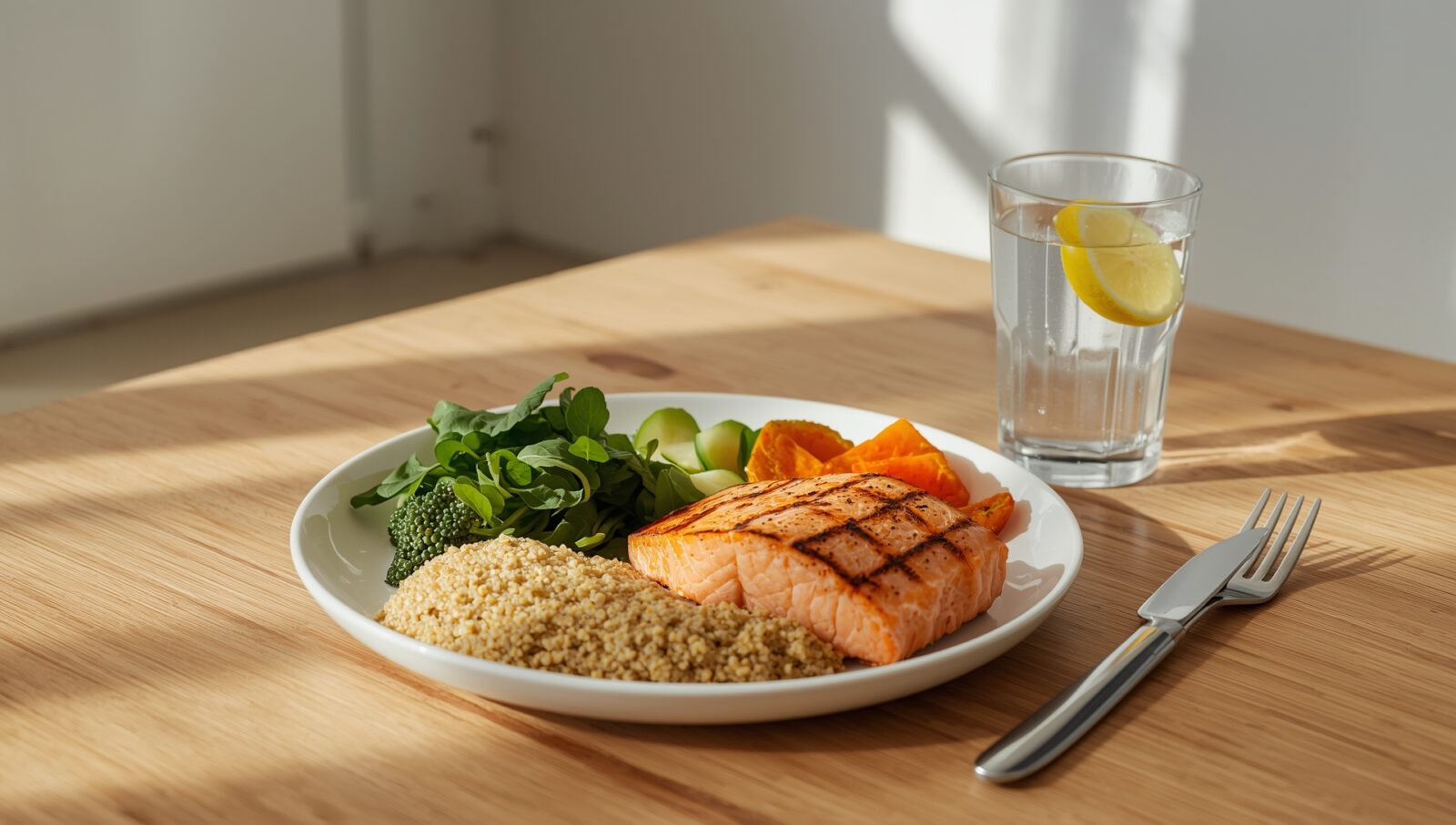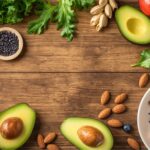They say, “You are what you eat,” and while it might sound cliché, science proves it true. Nutrition goes far beyond satisfying hunger — the food you put on your plate directly influences your energy levels, mental clarity, immunity, and even how gracefully you age. A balanced diet is not about restriction, but about giving your body the right mix of nutrients to thrive in the long run.
In this post, we’ll explore the essentials of balanced nutrition, why it matters, and how you can use it as a tool to improve your daily performance, physical health, and overall well-being.
Why Balanced Nutrition Matters
Every meal is an opportunity to fuel your body. When your nutrition is balanced, you supply your system with the vitamins, minerals, and macronutrients it needs to function at its best.
Energy & Mood: Complex carbs provide stable energy, while proteins and fats keep you fuller longer, preventing mood swings and energy crashes.
Disease Prevention: A diet rich in whole foods lowers the risk of chronic illnesses such as diabetes, hypertension, and heart disease.
Mental Performance: Nutrients like omega-3 fatty acids, B vitamins, and antioxidants are vital for brain health, focus, and memory.
In short: what you eat today shapes how you feel tomorrow.
The Building Blocks of a Healthy Plate
Carbohydrates (The Body’s Fuel):
Choose whole grains, vegetables, and fruits for steady energy instead of refined carbs that spike blood sugar.
Proteins (The Repair Kit):
Lean meats, fish, eggs, legumes, and plant-based proteins help repair tissues, build muscle, and strengthen immunity.
Healthy Fats (The Protectors):
Avocados, nuts, seeds, and olive oil support brain function, hormone balance, and heart health.
Micronutrients (The Unsung Heroes):
Vitamins and minerals may be needed in small amounts, but their impact is massive — from strengthening bones with calcium to boosting immunity with zinc and vitamin C.
The Role of Hydration
Water often gets overlooked in nutrition conversations, but it’s essential. Your body is about 60% water, and staying hydrated helps regulate temperature, transport nutrients, and flush out toxins.
Signs of dehydration: fatigue, headaches, dry skin, and poor concentration.
Hydration tip: Aim for at least 8 glasses a day, more if you’re active or in hot climates. Add fruits like lemon or cucumber to make it refreshing.
Practical Tips for Everyday Nutrition
Practice portion control — fill half your plate with vegetables, a quarter with lean protein, and a quarter with whole grains.
Shop smart — stick to the outer aisles of grocery stores where fresh produce, lean proteins, and dairy are usually located.
Meal prep — planning ahead reduces the temptation of fast food or unhealthy snacks.
Healthy swaps — replace soda with sparkling water, chips with nuts, and white rice with quinoa or brown rice.
Small daily improvements can compound into lifelong health.
Nutrition & Fitness
Your diet and your workout routine are inseparable partners.
Pre-workout fuel: Choose light carbs like a banana, oats, or whole-grain toast for quick energy.
Post-workout recovery: Combine protein and carbs to repair muscles and replenish glycogen stores (e.g., chicken and sweet potatoes or a protein shake with fruit).
Consistency counts: Eating balanced meals regularly supports endurance, recovery, and muscle growth.
Long-Term Benefits of a Balanced Diet
When nutrition becomes a lifestyle instead of a short-term diet, the benefits multiply:
Stronger immunity: Fewer colds, faster healing.
Sharper brain function: Improved memory, focus, and mood stability.
Healthier aging: Reduced risk of bone loss, muscle decline, and age-related diseases.
Sustained energy: No more “afternoon crashes” or sluggish mornings.
























Leave a comment